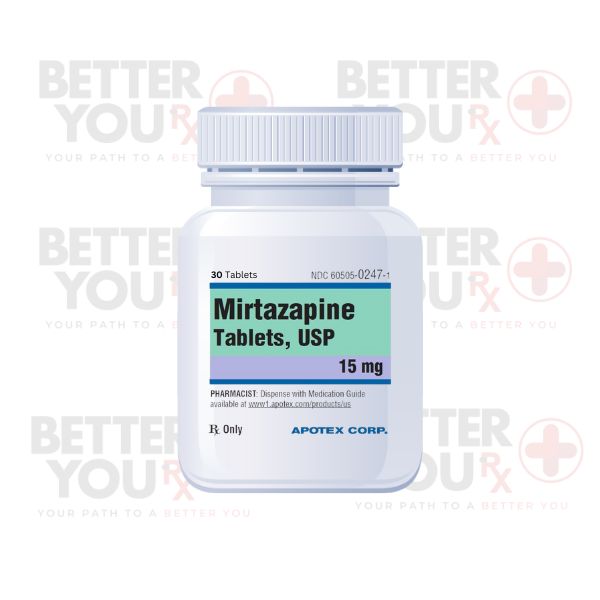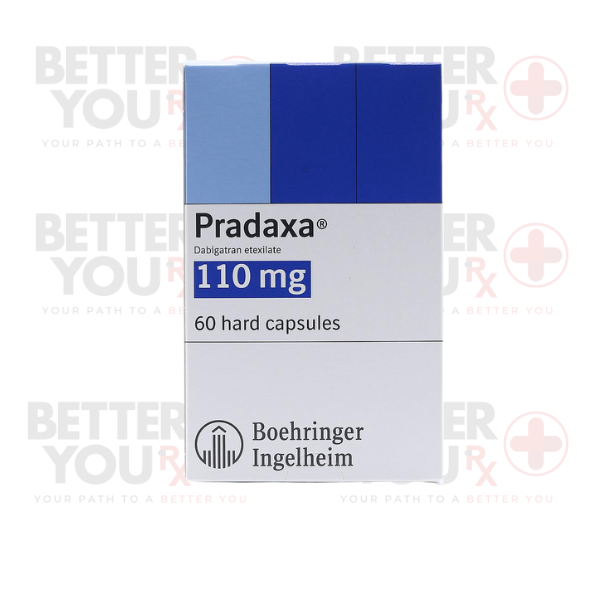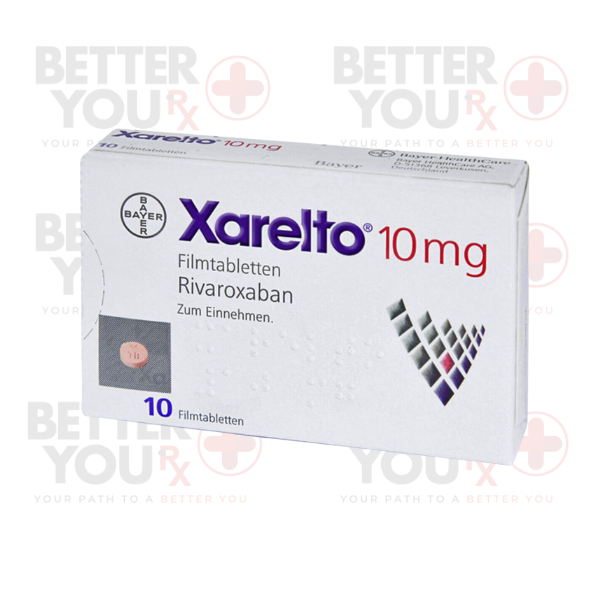Indications:
● Major Depressive Disorder (MDD): Mirtazapine is primarily indicated for the treatment of MDD, targeting symptoms like pervasive sadness, loss of interest in activities, sleep disturbances, and anxiety.
● Anxiety and Sleep Disturbances: It has off-label use in managing insomnia and anxiety due to its soothing properties.
Patient Guidelines
For individuals prescribed Mirtazapine or considering it for their condition, adhering to the following instructions ensures optimized treatment outcomes:
● Follow the prescribed dosage meticulously, without alterations unless advised by a healthcare professional.
● Understand that therapeutic benefits may take several weeks to manifest fully.
● Avoid abrupt discontinuation to prevent withdrawal symptoms.
● Disclose all current medications, including over-the-counter drugs and supplements, to preempt drug interactions.
● If you have existing medical conditions, especially liver and kidney diseases, consult your healthcare provider for tailored advice.
Administration Details
● Formulation: Available in tablet form, including orally disintegrating tablets for ease of administration.
● Dosage: The common starting dose is 15-30 mg once daily, usually at night due to its soothing effect, with potential adjustments based on therapeutic response and tolerability.
Safety Precautions
● Suicidal Thoughts: Monitor for suicidal ideation, particularly in the initial treatment phases and during dosage adjustments.
● Pregnancy and Nursing: Mirtazapine should be used during pregnancy only if the potential benefit justifies the potential risk to the fetus. Caution is advised for nursing mothers.
Drug Interactions
Mirtazapine may interact with:
● Monoamine oxidase inhibitors (MAOIs) leading to serious side effects.
● Alcohol and other CNS depressants, enhancing sedative effects.
● Certain antidepressants and antipsychotics, increasing the risk of serotonin syndrome.
|










Reviews
There are no reviews yet.